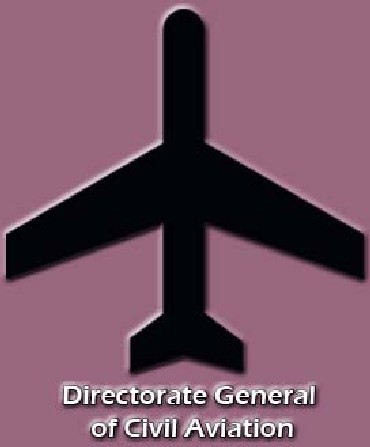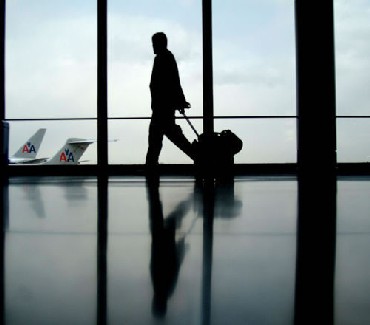 | « Back to article | Print this article |
Govt rejects massive fare hike proposal by airlines
Talking tough, the government on Friday rejected the proposal by domestic airlines for a massive fare hike and warned them of penalty and other action if the last-minute ticket prices were higher than average ahead of the high-demand Christmas-New Year break.
Asserting that the government can't remain a mute spectator to the move by the air carriers, Civil Aviation Minister Praful Patel said there can be 'no justification' for airlines to hike fares in an 'arbitrary manner'.
It was also decided to establish a Civil Aviation Economic Advisory Council, on lines of the Safety Advisory Council set up after the Mangalore crash, to advise DGCA on all economic and financial issues relating to the aviation sector, including safeguarding consumer interests.
A notification to create this council, to be headed by the new Civil Aviation Secretary Nasim Zaidi, would be issued next week, Patel said.
Click NEXT to read further. . .
Govt rejects massive fare hike proposal by airlines
Besides DGCA and the ministry, it would include chief executive officers of airlines, representatives of International Air Transport Association, consumer bodies and industry organisations like Federation of Indian Chambers of Commerce and Industry and Confederation of Indian Industries.
"There was an extraordinary hike in fares during the Diwali vacation. We do not want that to be repeated during Christmas," Patel said, adding that the distance-based fare slabs, proposed by all Indian airlines, were being 'rejected'.
Top executives of all Indian carriers have been called for a meeting tomorrow to explain why such high fares had been proposed.
"Government and Directorate General of Civil Aviation have viewed these developments (high fare bands) very seriously and we feel corrective action must be taken," Patel said.
While the government or DGCA were 'not in the business of regulating fares on a daily basis, we can't be mute spectators to such developments. There can be no justification for airlines to hike fares in an arbitrary manner', he said.
DGCA would exercise its powers under Rule 135 of Aircraft Rules 1937 in taking action against airlines if they raised fares substantially without reasons, he said, adding that the aviation regulator had 'a wide range of powers' which could be used to ensure transparency in fixing of airfares.
"Government may also involve Competition Commission to deal with errant airlines, if the need arose", Patel said.
Click NEXT to read further. . .
Govt rejects massive fare hike proposal by airlines
He said the kilometre-based fare slabs 'do not merit any consideration. It must be sector-wise, category-wise and period-wise so that there is transparency and a level-playing field for both passengers and the industry'.
As per the proposals, the airfares were quoted by the airlines for four distance slabs of less than 750 km, 750- 1,000 km, 1,000-1,400 km and beyond 1,400 km.
Under it, a passenger buying an economy class ticket closer to the travel date may have to shell out Rs 10,500 for a Delhi-Chandigarh or Chennai-Coimbatore flight and anything upto Rs 40,000 on the Delhi-Bengaluru or Delhi-Kolkata route.
The airlines have 'bucket fares' which mean there are certain number seats reserved in each flight at low fares that can be booked much in advance.
As soon as these number of seats are filled, the fares grow progressively to a higher bucket closer to the date of travel.
Meanwhile, speaking on the issue of airlines increasing airfares manifold in the recent times, Bharatiya Janata Party spokesperson Shanawaz Hussain said, "The government has no control over airlines and the fare of even the so-called low-cost airlines has gone out of reach of the common people."
Hussain, a former civil aviation minister, said that the airlines have formed a 'cartel' and the ministry should ensure by a policy that they would not be allowed to increase airfares especially during the festival seasons.


